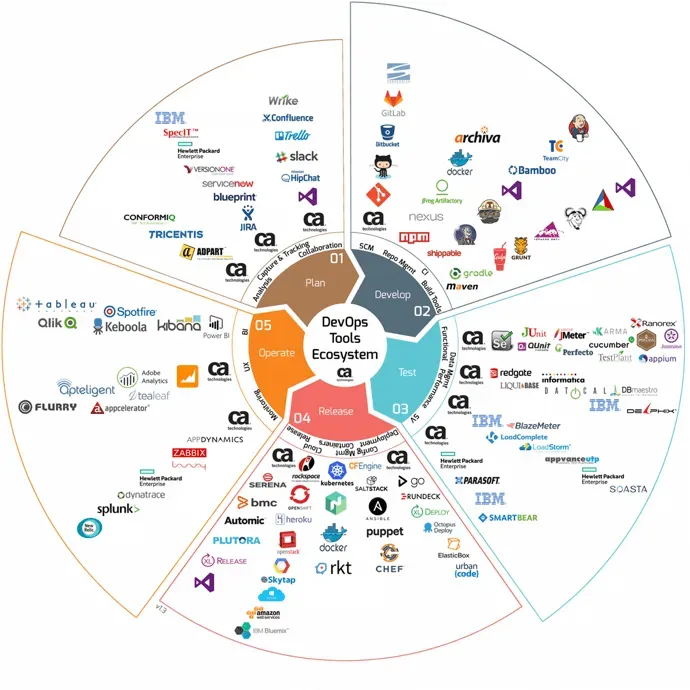The Unprofessionalism of Technical Recruiters: A Veteran Developer's Perspective
Technical Recruiters Need To Do Better

As a veteran software developer with over three decades in the industry, I’ve witnessed the evolution of technology and the landscape of hiring practices. One constant, however, has been the often-unprofessional approach of many technical recruiters. While recruiters play an essential role in bridging the gap between companies and potential employees, several recurring issues highlight a lack of professionalism that can be frustrating for seasoned developers.
Lack of Technical Knowledge
One of the most glaring issues is the lack of technical understanding among many recruiters. It’s common to receive job descriptions that are mismatched with one’s skill set or to be asked questions that reveal a fundamental misunderstanding of the technology involved. For instance, I’ve been approached for roles requiring expertise in technologies I haven’t worked with in years or asked if I have experience with frameworks that don’t exist. This lack of technical acumen can lead to a waste of time for both the recruiter and the candidate, creating a frustrating experience that undermines the recruiter’s credibility.
Poor Communication Skills
Effective communication is crucial in the recruitment process, yet many technical recruiters fall short in this area. Inconsistent follow-ups, vague job descriptions, and delayed responses are all too common. For example, I’ve encountered recruiters who promised feedback within a week but never followed up, leaving candidates in limbo. Additionally, job descriptions often lack clarity, with buzzwords taking precedence over substantive details about the role and expectations. This poor communication not only hampers the hiring process but also reflects poorly on the recruiter’s professionalism and reliability.
Overemphasis on Quotas Over Quality
A significant number of recruiters are driven by quotas, which can lead to a focus on quantity rather than quality. This often results in a scattergun approach where recruiters reach out to as many candidates as possible, regardless of fit. In my experience, this has led to interactions where it’s evident that the recruiter has not taken the time to understand my background or career aspirations. The impersonal nature of these interactions can be demotivating and diminishes the candidate's trust in the recruiter’s ability to effectively match them with a suitable role.
In conclusion, while technical recruiters serve a vital role in the hiring ecosystem, there is a pressing need for increased professionalism within the field. Enhancing technical knowledge, improving communication, and focusing on quality over quantity would significantly elevate the recruitment experience for seasoned developers and contribute to more successful placements. Until these improvements are made, many experienced developers will continue to view the recruitment process with a degree of skepticism and frustration.










